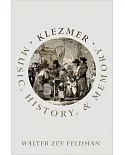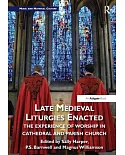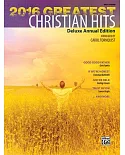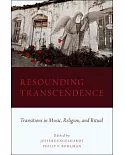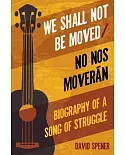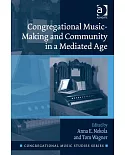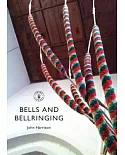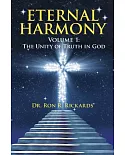The Oxford Handbook of Music and World Christianities investigates music’s role in everyday practice and social history across the diversity of Christian religions and practices around
the globe. The volume explores Christian communities in the Americas, Europe, Africa, Asia, and Australia as sites of transmission, transformation, and creation of deeply diverse musical
traditions.
The book’s contributors, while mostly rooted in ethnomusicology, examine Christianities and their musics in methodologically diverse ways, engaging with musical sound and structure, musical and
social history, and ethnography of music and musical performance. These broad materials explore five themes: music and missions, music and religious utopias (and other oppositional religious
communities), music and conflict, music and transnational flows, and music and everyday life. The volume as a whole, then, approaches Christian groups and their musics as diverse and powerful
windows into the way in which music, religious ideas, capital, and power circulate (and change) between places, now and historically. It also tries to take account of the religious
self-understandings of these groups, presenting Christian musical practice and exchange as encompassing and negotiating deeply felt and deeply rooted moral and cultural values. Given that the
centerpiece of the volume is Christian religious musical practice, the volume reveals the active role music plays in maintaining and changing religious, moral, and cultural values in a long
history of intercultural and transnational encounters.




